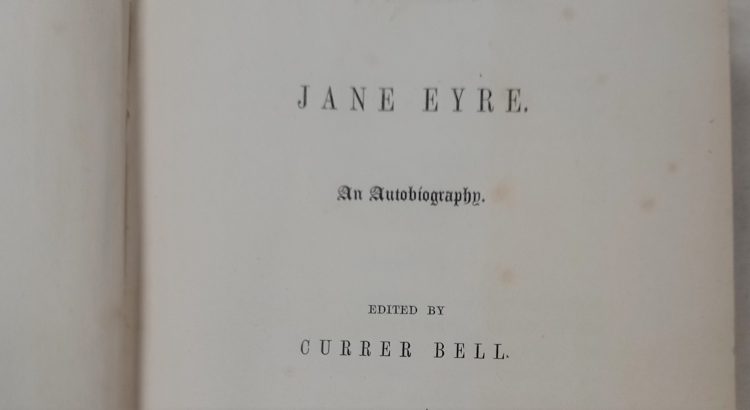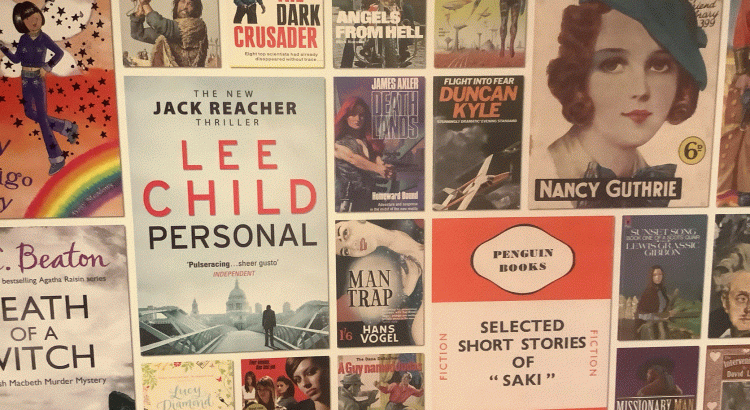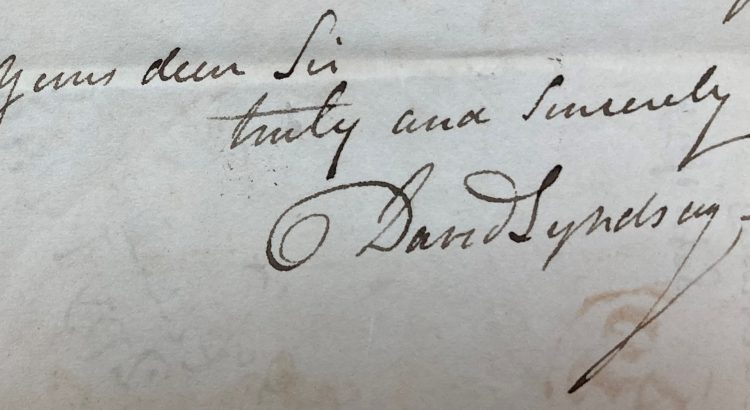David Lyndsay was the pseudonym of the author born Mary Diana Dods, and who from 1827 lived as Walter Sholto Douglas. Details about their life are patchy. It was the researcher Betty T. Bennett, editor of Mary Shelley’s letters who first made the connection between Dods, Lyndsay and Douglas in the 1980s. Bennett’s research at […]
Tag: literature

“Out of obscurity I came – to obscurity I can easily return”: Charlotte Brontë, Currer Bell and Jane Eyre
The use of pseudonyms by the Brontë sisters is perhaps one of the best known examples of the use of pen names in English literature. This post focusses on Charlotte Brontë (1816-1855), whose novel ‘Jane Eyre’ was published 175 years ago in October 1847. It was Charlotte who persuaded her sisters to submit their writing […]

James Dover Grant becomes bestselling author Lee Child
Lee Child is the author of a series of thrillers about former American military police officer Jack Reacher. who travels around the United States by bus carrying only a toothbrush and a bank card. It has been claimed that a Jack Reacher novel is sold every four seconds, fans of the series include Stephen King, […]

A potted history of pen names
A pen name is a literary alias: a variation of a writer’s birth or married name or a completely invented pseudonym. The Library’s exhibition ‘Pen Names’ takes a thematic approach to the subject, looking at how factors such as privacy, gender, reputation, authenticity, and genre have influenced writers’ decision to use a pen name from […]
Sunset Song is now available to read on our website
We have just made available all the books published by James Leslie Mitchell (1901-1935) during his lifetime on our website. Included are the three novels he published under the pseudonym Lewis Grassic Gibbon namely “Sunset Song” (1932); “Cloud Howe” (1933) and “Grey Granite” (1934) which are collectively known as “A Scots Quair”. http://digital.nls.uk/lewis-grassic-gibbon-books You can […]
